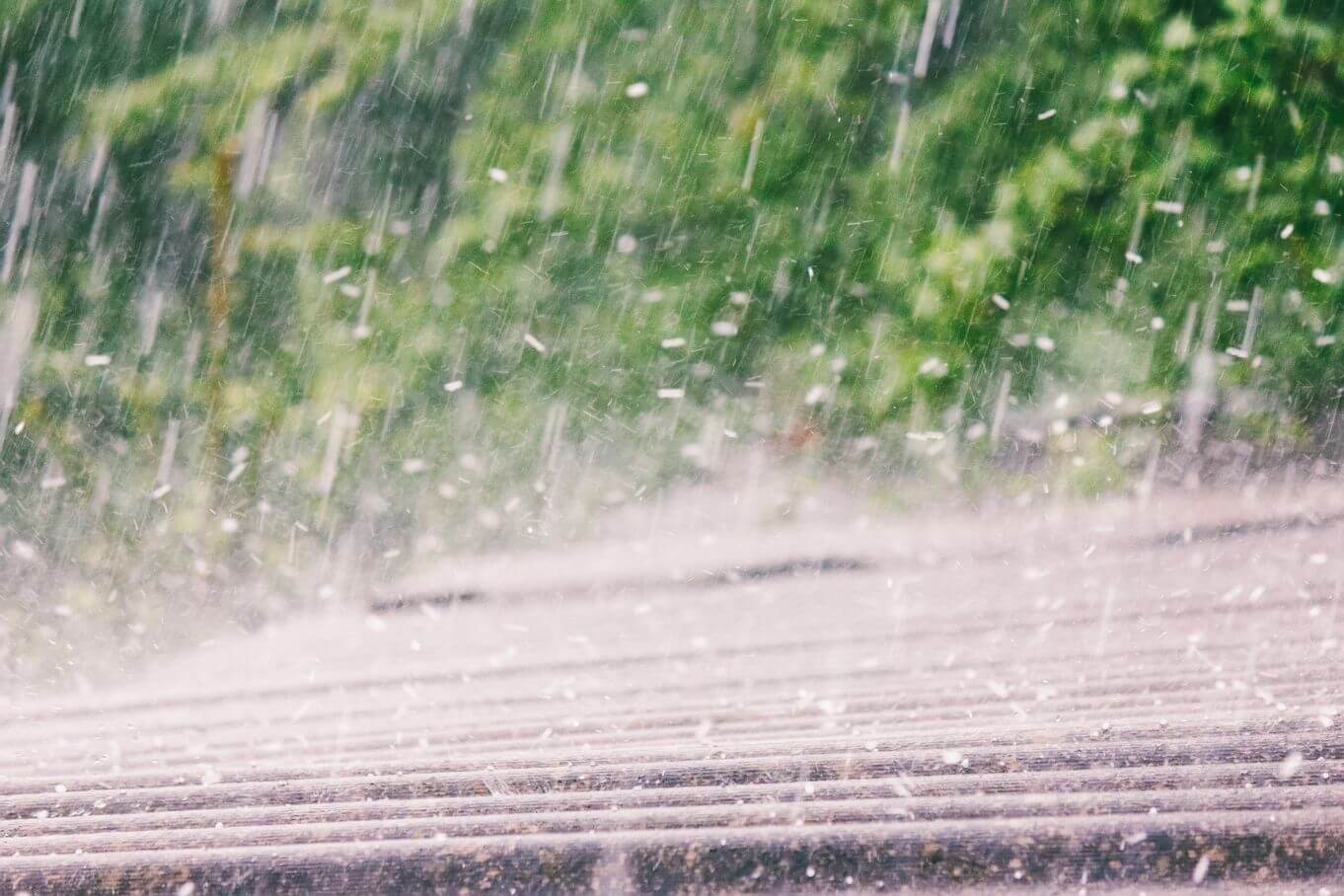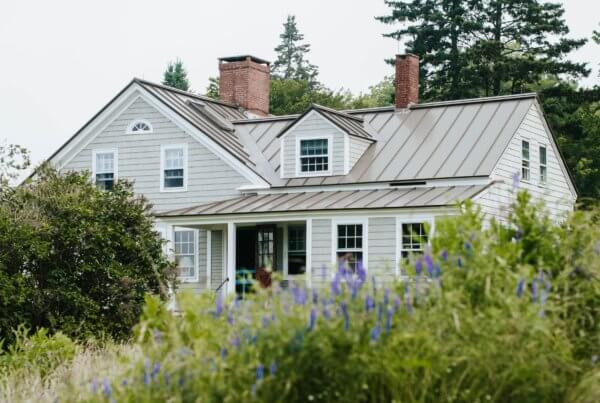Owning a home doesn’t just come with guaranteed protection; it also comes with maintaining said protection. A terrible storm can result in terrible damage that will place a lot of stress on your life. Your best solution is to stay smart and plan before the worst outcome occurs. Here are four ways weather can damage your home and property, ensuring you don’t catch an issue too late.
4 Common Weather Condition Damages
Maybe you’ve previously mentioned how much you love a rainy day after spending weeks enjoying sunny skies. However, rain doesn’t always benefit your property, especially if you aren’t prepared. Let’s take a look at four ways weather can damage your home and property so that you can stay ahead of the storm.
Hailstorms
A single hailstorm can cause more damage than you’d think. It can quickly generate millions of dollars in damages after a short period, resulting in stressed-out homeowners, car owners, and business owners.
Depending on the fall’s weight, size, and force, hail can easily poke holes in roof shingles or crack windshields. Make sure you have recently replaced your home’s shingles and installed protection for outdoor décor while also establishing savings for emergency home repairs, just in case.
High Winds
Wind storms can often cause a plethora of damages to your home. They can rip gutters away from rooflines, scrape shingles off roofs, and so on. Extreme wind can even cause trees to fall on houses and cause leaks inside the home, leading to thousands of dollars in damages.
Lastly, wind is a winter weather hazard that can damage car paint if left outside. Make sure to trim back trees and store your vehicles in a garage to avoid this type of damage.
Rainfall
Rain is often the main culprit of damage to homes. Rain accumulation and lack of proper draining solutions can quickly cause rooms to leak or even flood.
Leaks can cause damage to walls, ceilings, and floors and even promote the growth of mold and mildew. Too much rainfall can also affect the property’s foundation and cause excess flooding.
Cold Temperatures
Freezing temperatures come with dire consequences during the winter season. Temperatures that fall under 20 degrees Fahrenheit can cause pipes to freeze and burst, resulting in flooded basements or bedrooms. As such, it’s essential to disconnect hoses from the house and make sure to seal the home’s cracks.
Being caught up in the aftermath of a problematic storm doesn’t have to empty your savings account. Make sure you prepare during off-seasons and stay vigilant against the relentless storms that could head your way.




